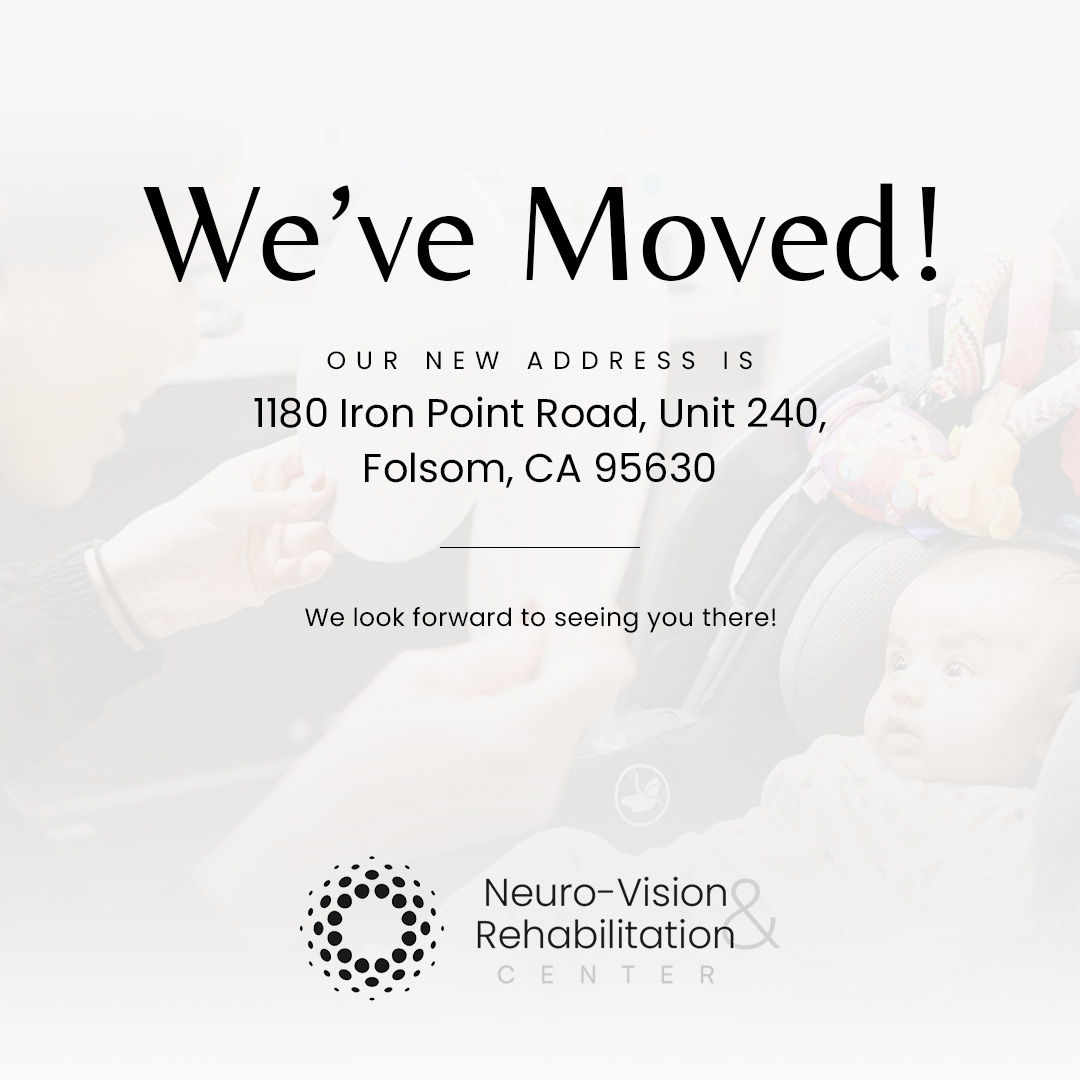
Traumatic brain injuries (TBIs) are a serious medical condition that can have long-lasting effects on an individual's physical, cognitive, and emotional well-being. These injuries occur when there is a sudden impact or jolt to the head, causing the brain to collide with the skull. It is crucial to understand the nature of TBIs and their potential consequences to ensure prompt diagnosis and appropriate treatment.
Common Symptoms of a Brain Injury
Recognizing the symptoms of a brain injury is essential for early detection and intervention. Common symptoms of TBIs include physical symptoms such as vision impairment, headaches, dizziness, nausea, and sensitivity to light or noise. Cognitive symptoms can manifest as difficulty concentrating, memory problems, and confusion. It is important to note that symptoms can vary depending on the severity of the injury and the area of the brain affected.
The Importance of a Brain Injury Evaluation
A brain injury evaluation is a comprehensive assessment conducted by healthcare professionals to diagnose and evaluate the extent of a suspected brain injury. It plays a crucial role in determining the appropriate course of treatment and rehabilitation. The evaluation not only helps in confirming the presence of a brain injury but also provides valuable information about the specific areas of the brain that may be affected. This information is vital for tailoring treatment plans to address the individual needs of the patient.
The Diagnostic Process for Brain Injuries
The diagnostic process for brain injuries typically involves a series of assessments and tests to gather information about the patient's medical history, symptoms, and cognitive functioning. It begins with a thorough physical examination and review of the patient's medical records. This is followed by a detailed interview to assess the nature and severity of the symptoms experienced. The healthcare professional may also conduct neuroimaging tests such as CT scans or MRIs to visualize the brain and identify any structural abnormalities.
What to Expect During a Brain Injury Evaluation
Your doctor will ask detailed questions about the circumstances surrounding the injury, the symptoms experienced, and any previous medical conditions. They may also administer a series of cognitive tests to assess memory, attention, problem-solving, and other cognitive functions. Additionally, they may conduct physical examinations to assess coordination, balance, and reflexes.
After the evaluation, the doctor will analyze the findings from the various tests and assessments to determine the presence and severity of a brain injury. The results will help guide the development of an individualized treatment plan that addresses the specific needs and challenges faced by the patient.
Schedule Your Brain Injury Evaluation with Neuro-Vision & Rehabilitation Center Today
Understanding the symptoms of a brain injury and recognizing the importance of early evaluation can lead to improved outcomes and a better quality of life for individuals affected by TBIs. By knowing what to expect during a brain injury evaluation, individuals can be prepared for the comprehensive assessment process and actively participate in their own care.
If you or someone you know has experienced a head injury, schedule a brain injury evaluation today. Visit Neuro-Vision & Rehabilitation Center at our office in Folsom, California, or call (279) 321-9059 to book an appointment today.












